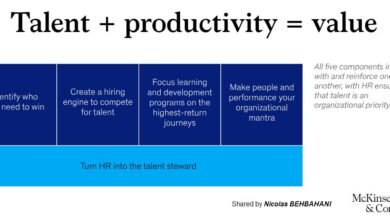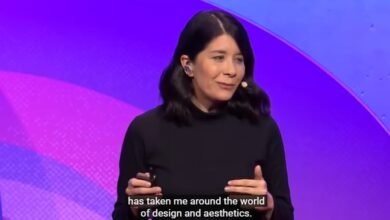
By | Simon Wright | Outreach Executive
At its core, employment is a necessity, both for people who are working now and those who are looking for work. This need is often connected to a source of money, for those who are jobless, it turns into a requirement that lessens the perception of selectivity when considering the available possibilities. In other words, whether or not it is the greatest option, the very first job that falls along may well be accepted. If it was not the best choice, the job search process starts over or goes on. That is frequently the reason why a list of temporary employment appears on many resumes that I have seen in my capacity as a resume writer.
This is also closely tied to a trend I’ve noticed, that a lot of my resume customers focus more on the jobs they now hold or are seeking for than they do on the progression of a career. When a job turns into a career seems to be up for debate.Regardless of the amount of openings, a person can modify their mindset and self-belief by changing how they perceive their career and the positions they have held. As a result, they become a lot stronger job prospect.
What is a Job?
It is simple to narrow your attention to just that job and the circumstances encountered because employment is primarily tied to a personal need. If the working conditions are uncomfortable or the required skill level is far below what has previously been acquired, taking a job out of need and hoping that it would become better over time might leave one feeling imprisoned.
What has to be done first is to change the perception that a current or previous job represents who that person is as a potential candidate. That is also related to the problem with chronologically written resumes, there is an emphasis placed on what the person is doing right now rather than taking a long view of his or her career. Even if a person has only held one long-term job, they are still a compilation of all the jobs they have held. A job, or a series of jobs, are all a part of a person’s career plan, which is a larger picture.
What is a Career?
Every position a person holds advances their career, and they gain information, skills, and abilities from those positions. I write resumes differently because of this; I focus first on a person’s talents that are applicable to the next job they wish to get. It deflects attention from the applicant’s existing position, which encourages interviewers and hiring managers to examine the applicant’s résumé in greater detail. A chronological resume calls for a person to look at each position and attempt to determine or estimate what talents a person has, which may not be done in a highly competitive job market. A resume can be formatted in different ways.
An employment, which an individual can have one of throughout their lifetime, more than one at a time, or switch as their interests change, is frequently associated with and defined as a career. I work in a variety of fields, including education, writing, resume writing, career coaching, and so on. Even though I’ve held a variety of positions, all of my work is in some way associated with my occupations. A career requires establishing a long-term focus and approaching each job in light of the knowledge and abilities that have been gained. Even if a job only serves to validate readiness and doesn’t present anything novel or difficult, it nevertheless serves to advance that profession in some way.
Developing a Career Focus
Even if you want to change careers in the future, there will be instant advantages if you can alter how you view your profession. Even if you are currently working in the least ideal conditions possible, having a long-term perspective will help you feel in charge of your profession. You start focusing on the skills and knowledge you already have and are continuing to acquire rather than viewing a job or series of jobs as having no worth or signifying a failure of some sort. The actions listed below can assist you in starting to build a professional focus.
Step #1: Define Your Present Occupation.
Define the greater picture of what you want to accomplish with your career if you are regularly starting a new job and there isn’t a definite trend developed for the positions chosen. You could find it simpler to explain your occupation if you have worked at the same place of employment for a while or have held a number of related positions. A person’s occupation could also be defined by some of their jobs.
Step #2: Develop a Vision Statement.
It is time to create a mission and vision for your career now that you have defined the profession you are currently employed in. This does not imply that you must decide on a career path or give a detailed description of your plans for the following 20 years. However, think about the long-term goals you have in mind. Are there several sorts or tiers of positions within your profession.
Step #3: Develop a Short-Term and Long-Term Career Plan.
Once your strategic vision has been formed, you may move on to developing a career plan, which will help you change your perspective and give you a sense of control over your professional future. Even if they don’t have any immediate possibilities to investigate, as a career counsellor, this assists many of my clients to get over a sense of futility in their careers. A career plan entails setting both immediate and long-term objectives that are connected to your vision. While this does not imply that the plan must be set in stone and unable to be altered or updated, it does offer a place to start, which fosters a proactive attitude.






